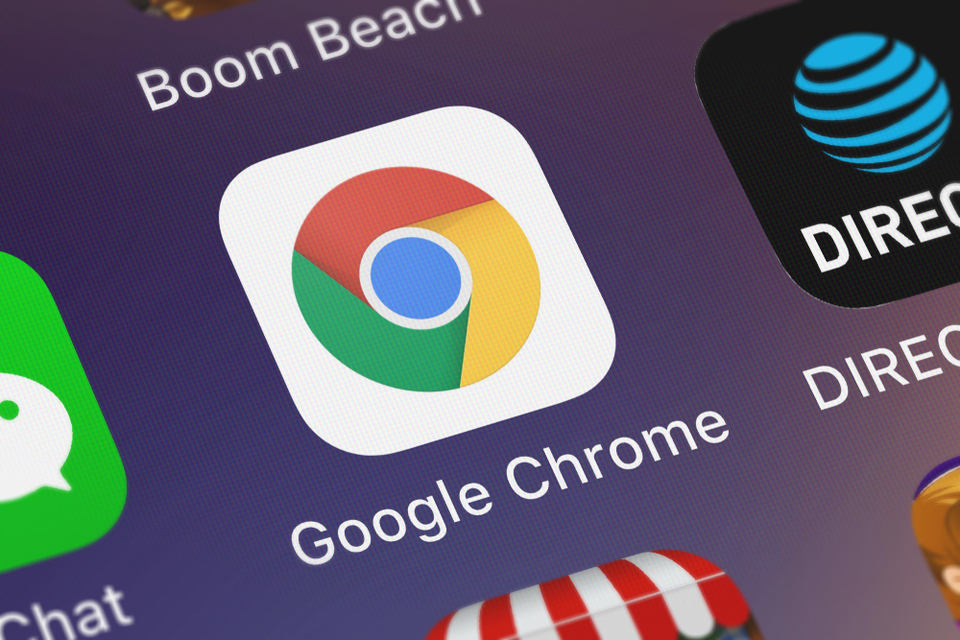Towards the end of last week, Google released a Chrome update for Android users.
Along with phishing protections, the Chrome 79 also provided an ability to reorder bookmarks. However, reports soon start surfacing that the new Chrome version was causing third-party Android apps to lose user data.
Now you’re wondering: what’s the link between the Google-owned browser and third-party Android apps?
In most recent versions of Android, Chrome acts as the component that renders webpages within apps — WebView.
Loads of Android apps run entirely inside WebView. From logging into webpages inside an app to using browsers that lack internal rendering engine like DuckDuckgo, Chrome handles tons of content on Android.
Other apps that depend on WebView include applications built with Apache Cordova and packaged web apps like Twitter Lite.
Why the Latest Chrome Update Wipes App Data on Android
In the new Chrome update, Google updated the location of the browser stores web data. However, reports suggest that data from localStorage and WebSQL — two standard storage for web apps and packaged apps — wasn’t appropriately migrated.
As a result, Android devices that update their browsers to the latest version lose their web apps and WebView application data.
With that said, Chrome didn’t delete old data after migrations. So, the data is still technically intact. But, there’s just no way of accessing it at the moment.
So, what is Google doing about the Chrome 79 bug?
First, the tech giant confirmed that it had paused the Chrome update rollout on Android at 50 percent. Also, Google says that it’s discussing strategies to resolve the issue.
It could revert the change by moving the migrated files to their old locations. Another option is to continue the migration and move the missing data into their new location.
A Chromium engineer wrote:
“Please understand that the team is working on a solution that minimizes the data loss, and that can be rolled out safely… After we deploy the best mitigation that we can, we’ll figure out how to do better in the future.”


















Comments (0)
Most Recent